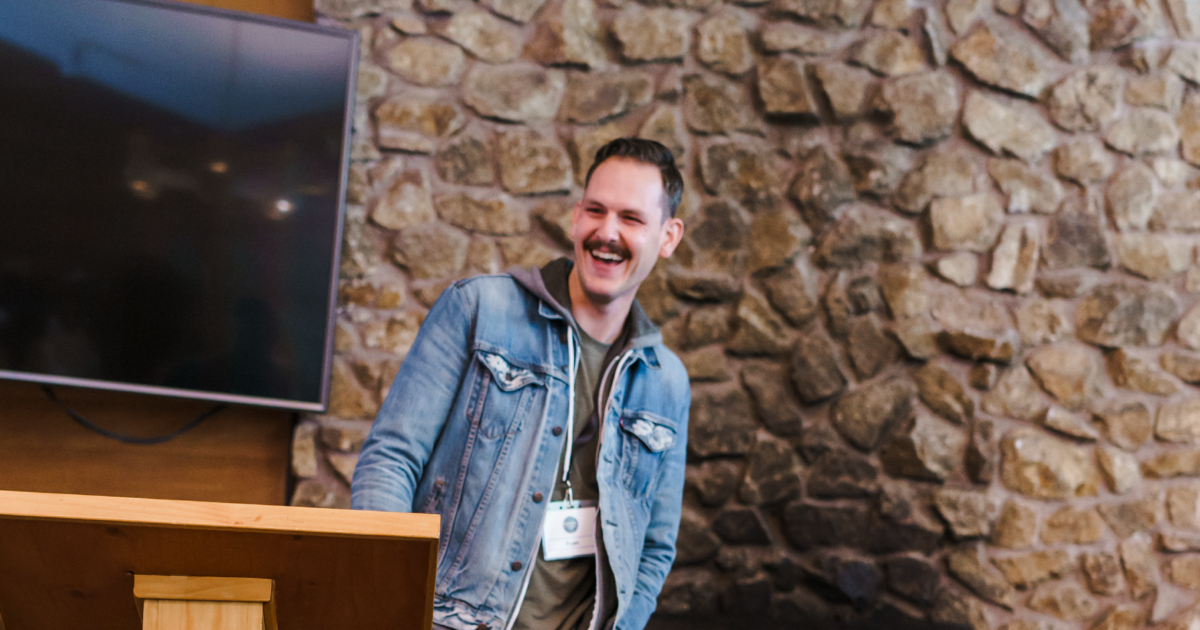One of the things my husband and I most enjoy is hosting, and opening our home to friends and family. We both love to cook, and I love to bake, and we like to create a space that welcomes others. We’ve been living in our apartment building for almost 10 years. The spring before we actively began fostering (knowing that a baby in our midst would probably limit some of our activities), we hosted an open house, complete with drinks and a table laden with food. We assumed that “Open House” meant people would stay for a bit, but mosey on out. We assumed wrong! Our 2 bedroom, 1100SqFt apartment was packed with our neighbors the whole evening – like 100 people for 4+ hours! This act of opening our home, of breaking bread with honestly mostly strangers, of toasting a drink with people who didn’t look or believe like we do, changed the dynamic in the building for us. It opened doors to build relationships, and it removed walls. These neighbors became friends. They’ve welcomed each of our four babies, and seen us live out the joy and sorrow of fostering, and our son, Jack, he is deeply loved in our building.
Scripture encourages us to practice hospitality, telling us that we should seek to show hospitality (Romans 12:13)—literally, to “pursue the love of strangers” (Heb. 13:2)—and that doesn’t mean to simply hang out with our best friends. If we want to demonstrate obedience to our heavenly Father, we will practice biblical hospitality.
Maybe you’re thinking, this isn’t for me, I don’t like to cook, my house has constant stacks of laundry, I work 2 jobs, and my kids are crazy, I want to encourage you that Hospitality and entertaining are not synonymous.
Throughout the Bible we see numerous occasions of God’s people stepping into places of hospitality, most notably the Good Samaritan, but also in the stories of how Jesus sat with tax collectors, and outcasts of society at the time.
God invites us to a place of remarkable yet practical hospitality. Jesus set before us two commandments, to Love God with all our heart, mind, and soul, AND to Love our neighbor. Hospitality at its core is loving your neighbor. Practical hospitality looks like painting teacher’s lounges at your local school, writing cards to social workers, it looks like inviting your co-worker and their family to dinner, neighbors to s’mores around the fire pit this summer, extending an arm of grace and a Starbucks card to your unhoused neighbor you pass daily as you jump on the freeway. And it looks like, welcoming a child in Jesus’ name into your home, and saying yes wholeheartedly to the implications of loving with open arms (getting “too attached”, saying goodbye, saying yes to the whole family).
4 years ago, we were in the midst of transitioning our second foster love to an auntie. It was the height of Covid, courts were shut down, agency engagement was limited, and this goodbye was unimaginably difficult. The trajectory of her story changed multiple times from adoption to reunification, to visits, to adoption, to finally a less than 24 hour notice of a final goodbye. Those early visits with Auntie were strained, I won’t lie, and I have a photo of Auntie and our little love sitting on our couch, and our faces tell that hard story. In the four years since we said goodbye, we kept showing up for that little girl, and her auntie. We kept loving her, we kept demonstrating remarkable hospitality as we continued to welcome them into our family, and auntie too, demonstrated a sacrificial love, allowing us to stay in contact, building relationships. We have that little girl about once a month for sleepovers and offering respite to auntie, we drop off mother’s day gifts for auntie, and are welcomed to birthday parties with the whole family. And now I have new photos of us sitting on our couch, this time as only God could do, the strangest blended family, celebrating birthdays and holidays. God can take our deepest wounds, and turn them into our greatest calling.
May is Foster Care Awareness Month, but the call to action isn’t limited to May, and the specific highlight of Foster Care Awareness Month, the invitation to love and care for some of the most vulnerable, exists daily. Multiple times a week our team hears of children in need of a home, in need of a temporary but wholeheartedly committed family to provide stability and love. Time and time again in the Bible God calls us to step outside of our comfort zone, to go beyond our city walls, and to love our neighbor. For some this may look like welcoming children into your homes and families, for others this could look like showing up with a meal, with offers of tutoring, or babysitting, or yard work.
This month marks 7 years since my dad died. He is known for many things, including his deep love for Jesus, his family, and football (and soccer), but for those that knew him, what he was most known for saying and living, is “don’t take care, take risks.” Take risks for Jesus. It’s risky business loving without guarantee of forever, it’s risky saying yes to kids who have experienced trauma, it’s risky welcoming extended family into your home. BUT this risk, this example of remarkable (practical) hospitality in a hostile world is an expression of God’s love. It’s putting that extra leaf in the table, it’s building an IKEA bed, it’s looking into the face of a child and seeing how desperately they just need a place to call home.
My prayer is that at as God moves on your heart this month, and in the months to come, that there is a family – single, married, with or without bio kids, empty nester even, to say yes to these 12, 13, 14 year old girls who need to know the love of God, and the love and stability of a family. Families to say yes to sibling groups, because too many of our young neighbors are being sent out of county and away from their schools and communities because we don’t have enough homes to welcome them.
But, even still my prayer is that beyond a step of faith into the remarkable hospitality of foster care, that each of us today would seek to show practical hospitality, that our hearts would be open for ways that we can demonstrate the love of God, so freely lavished upon us, in practical ways – within our communities.

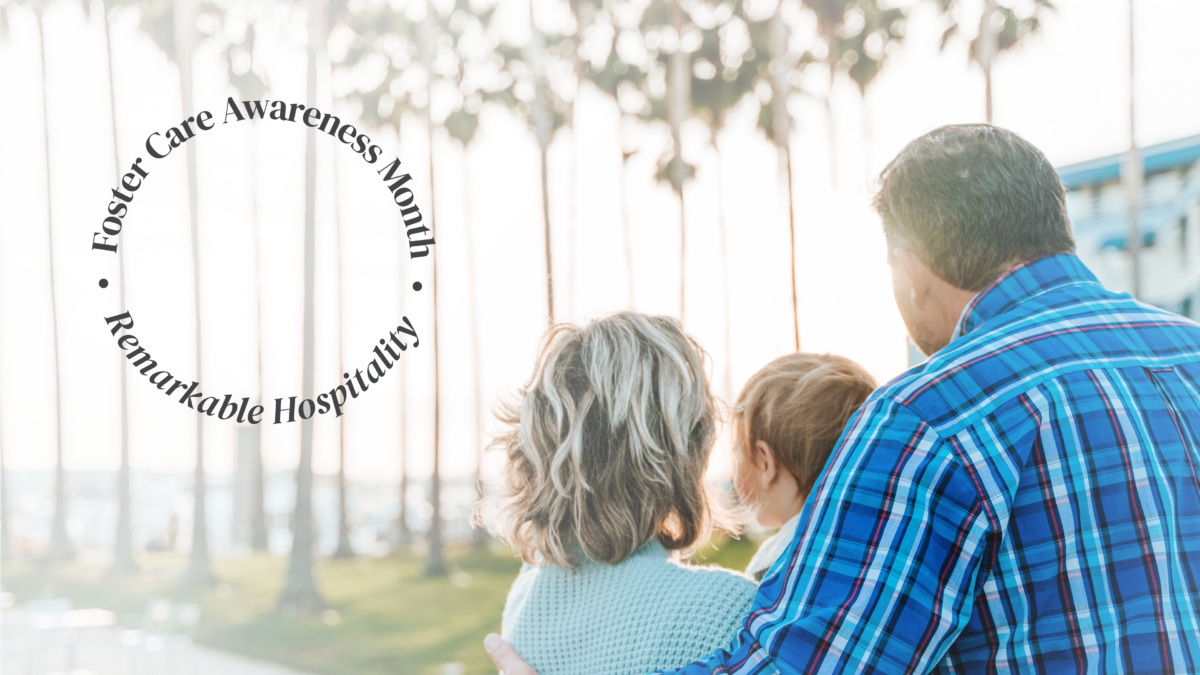


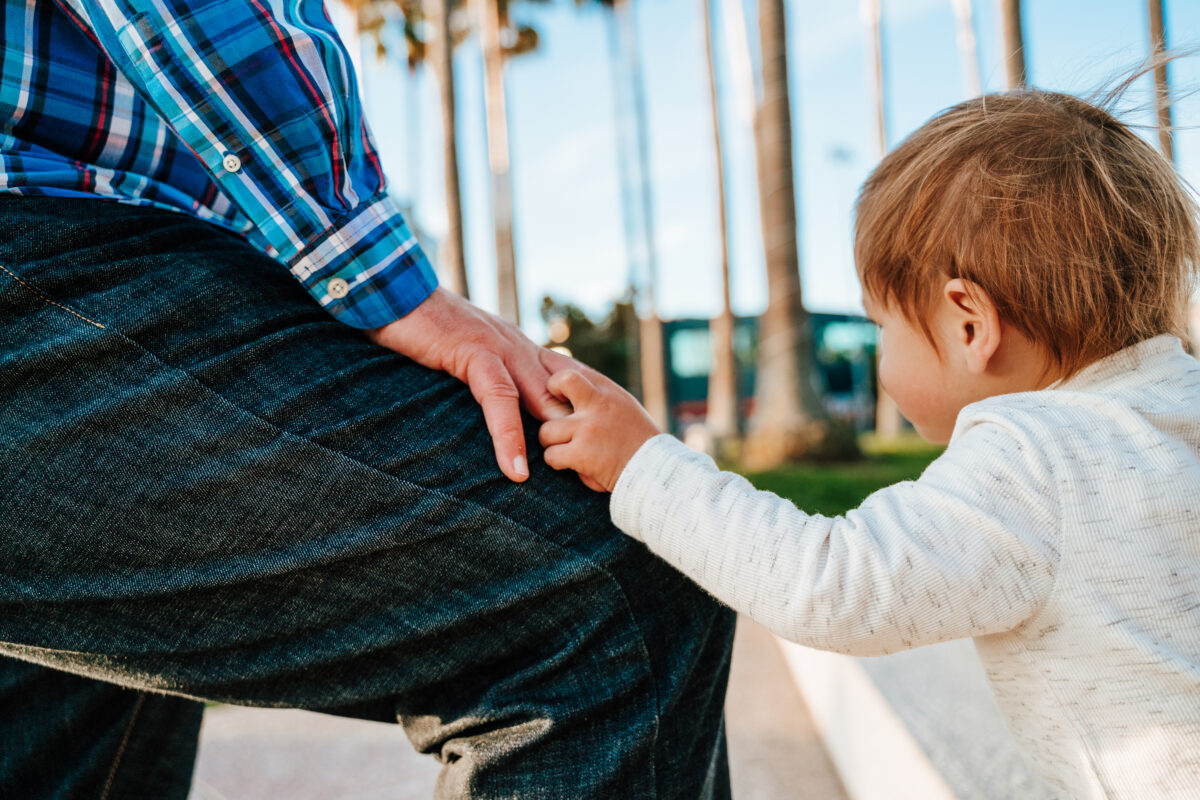
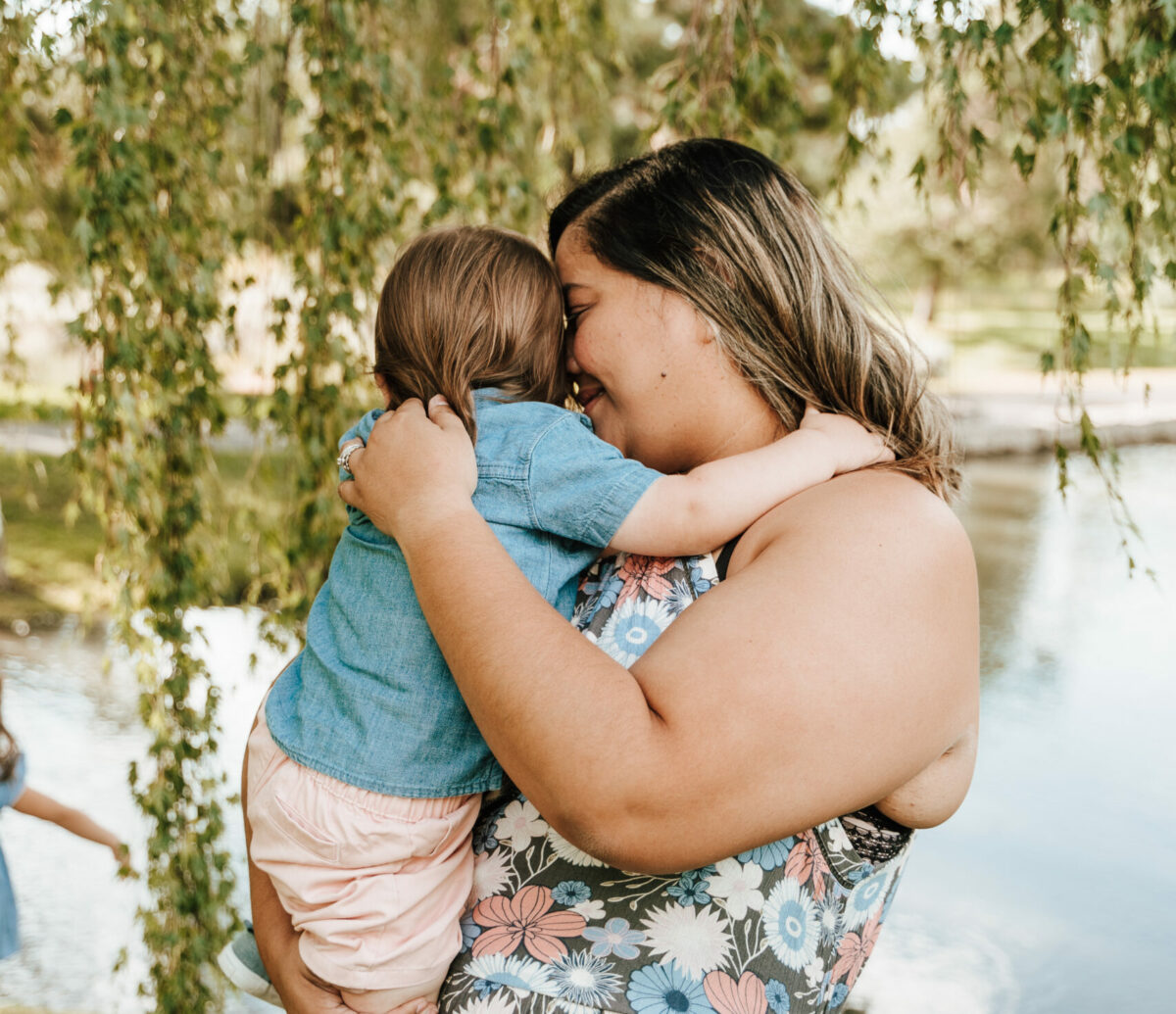
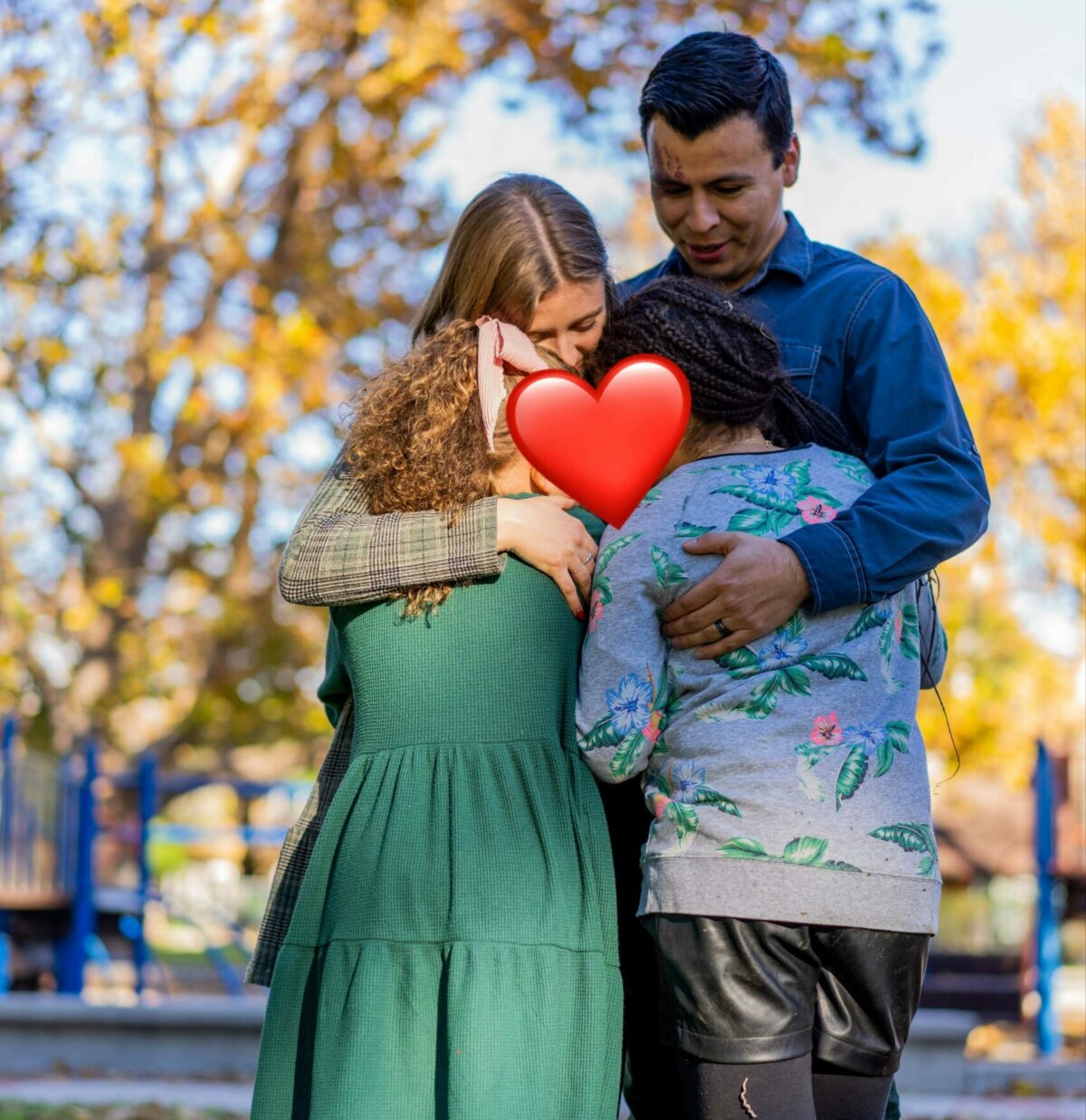
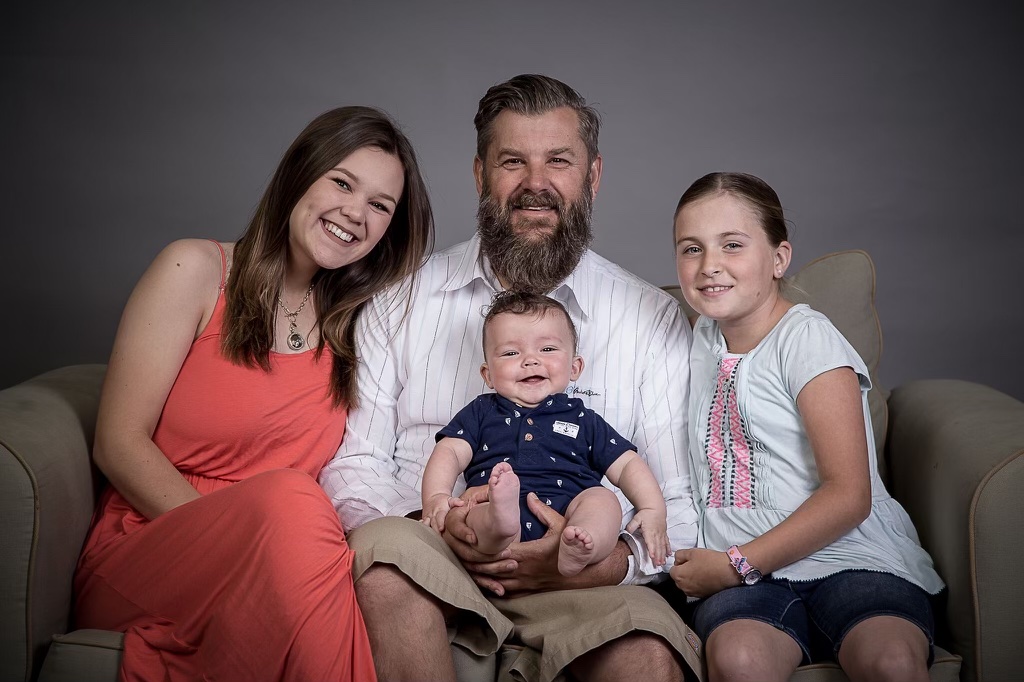

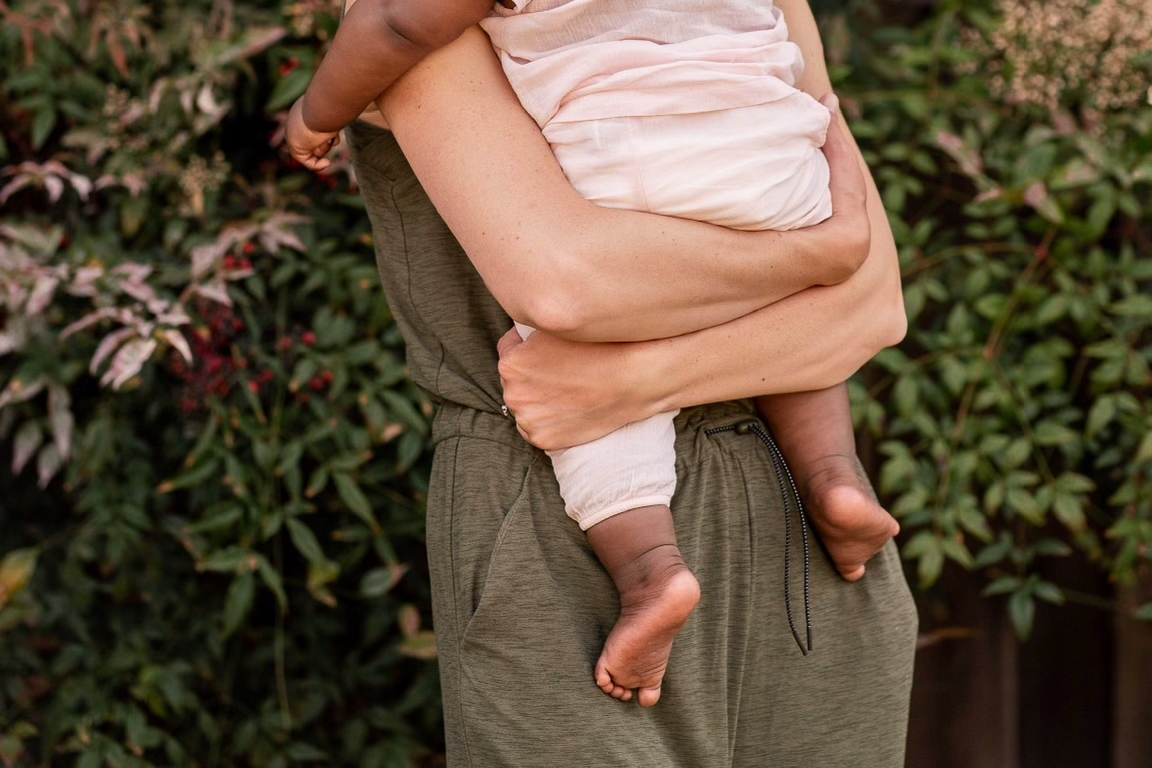
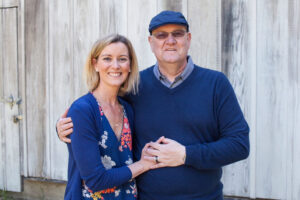 6 years ago my Dad died from a short but aggressive battle with cancer, he was 62 years old. He was an amazing Daddy, and I love him dearly.
6 years ago my Dad died from a short but aggressive battle with cancer, he was 62 years old. He was an amazing Daddy, and I love him dearly. 

